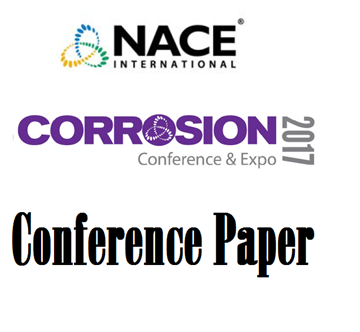Search
51314-3885-Stress Corrosion Cracking of Type 304 Stainless Steel Exposed to Atmospheric Ammonium Nitrate and Sodium Chloride Mixtures
Also Purchased
Ammonium Chloride Corrosion in the Refining Industry
Product Number:
51317--9574-SG
ISBN:
9574 2017 CP
Publication Date:
2017
$20.00
01540 Impact of Ammonium Chloride Salt Deposition on Refinery Operations
Product Number:
51300-01540-SG
ISBN:
01540 2001 CP
$20.00
01543 DESIGN CONSIDERATIONS TO MINIMIZE AMMONIUM CHLORIDE CORROSION IN HYDROTREATER REAC'S
Product Number:
51300-01543-SG
ISBN:
01543 2001 CP
$20.00




